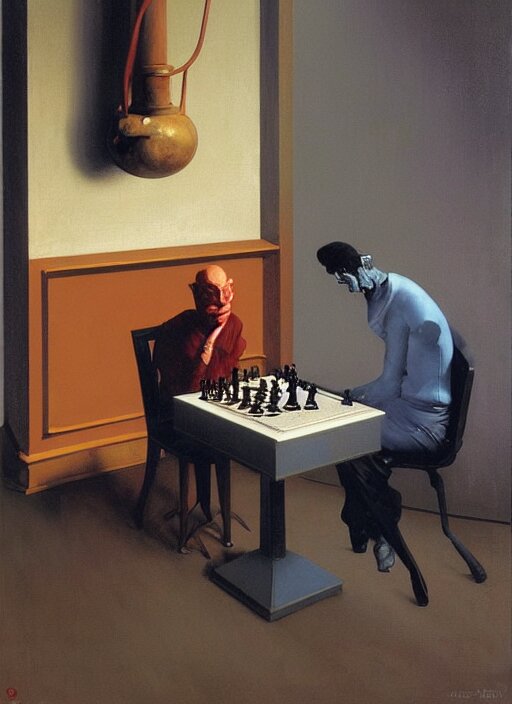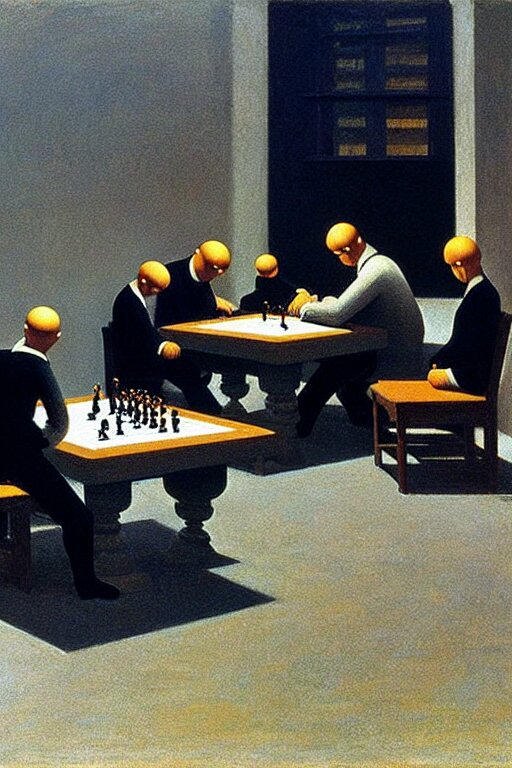#cooperation #second-order-thinking #simulation #rationalism #human-interaction #decision-making #trust #collaboration
Created at 2023-01-31
# [Anonymous feedback](https://www.admonymous.co/louis030195)
# [[Epistemic status]]
#shower-thought
Last modified date: 2023-01-31
Commit: 0
# Related
- [[Philosophy/Rationality/Second-Order Thinking]]
- [[Business/Entrepreneurship/Cooperation]]
- [[Mathematic/Game Theory/Coordination]]
- [[Philosophy/Rationality/Life starts as a single player game and finish a multiplayer game]]
- [[Mathematic/Game Theory/Egoism is altruism]]
# TODO
> [!TODO] TODO
# Human cooperation second order effect
[[Second-Order Thinking]] requires that we consider the consequences of our own actions and those of others in order to better understand and predict outcomes. This means that we must think beyond our own immediate interests and consider the potential impacts of our decisions on the wider community. The ability to think in this way is a key skill for successful collaboration, as it allows us to anticipate and mitigate the potential conflicts or issues that can arise from different perspectives.

When cooperating with humans you need to think about how they will think and react according to your behavior & outputs, you need to [[Rationalism is simulation|simulate]] the reaction of the other agents in the game, just as in chess when you try to think about the possible moves of the opponent.

This means that you need to think about the second-order effects of your actions, which are the consequences of your actions on the other people involved in the cooperation. For example, if you make a decision that affects the interests of another person, you should consider the potential reaction of that person and its effects on the cooperation. This can help you make better decisions that are beneficial to everyone involved.
By thinking about the second-order effects of your actions, you can create a more successful and productive cooperation between humans. This is because it allows you to understand how the other person might react, and make decisions that are beneficial to all parties. This type of thinking also encourages you to consider the impact of your decisions on the wider community, which can help to create an environment of trust and collaboration.